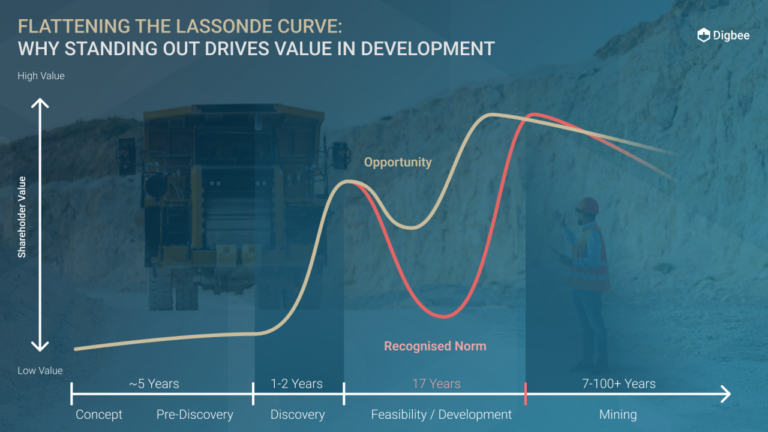Michelle Makori, Lead Anchor and Editor-in-Chief of Kitco News asks the questions that matter most to investors. ESG is increasingly impacting the mining industry, but to what degree does it impact investor interest and shareholder price?
Michelle caught up with Jamie Strauss at Mines & Money London earlier this month and after an initial introduction to the world of ESG, she is keen to dive into the detail.
“Jamie, to what degree does ESG compliance actually matter to investors?”
Pressure to take ESG seriously is coming at the investment community from many angles, Jamie responds. Institutional investors have to answer to their own investors and society at large, who are vocally pushing for change. There was a clear response to this public pressure at the recent COP26 conference, where a coalition of investors committed to putting net zero and ESG at the heart of finance. Investors are demanding accountability, transparency, reliable data and ESG disclosure from miners. And companies are now listening. They’re restructuring strategies. They’re restructuring their whole disclosure process. There’s much more integration between finance and miners on ESG efforts, which will hopefully lead to action.
Michelle digs a little deeper and asks if being ESG positive makes it easier to attract new capital.
Jamie is emphatic: “Mining is the worst perceived industry on the planet other than possibly oil and gas. Just look at the Standard and Poor’s ratings and you can see that doors are closing for companies not disclosing ESG in a fashion that is acceptable to the underlying investments.”
“If mining companies can start disclosing in a standardised form that investors can credibly track, they can start accessing new pools of capital. There are vast opportunities for green investment and there is a huge need to provide the raw materials necessary for the energy transition. Most institutional investors are allowed to invest in mining, they just choose not to. Yet if the mining industry finds a credible way to track ESG and independently benchmark the data, investment will come.”
Michelle then asks about costs.
“I would imagine that being more ESG compliant would increase operational costs. Is that accurate? How does one balance the idea of maximising profitability as a publicly listed company with maintaining ESG compliance standards that then increase operating costs?
Jamie responds with an alternate view:
“I don’t think ESG necessarily has to be a cost. I mean, there is a cost element to it, but the opportunities that can come as a result of this investment are significant. Reducing your energy use, improving relationships with local stakeholders to eliminate social issues and avoiding costly PR issues are all important here.”
“There is a huge benefit in terms of potential efficiencies in terms of finance, in terms of reputation, and in terms of stakeholder engagement.”
The topic of measurement emerged, with Michelle asking:
“What is the way to measure whether a company is being ESG compliant? Is there any kind of global standard or standardised benchmark by which we can measure this?”
Jamie outlines that while there are around 40 different global standards that can be applied to some of the general operations of a mine, none of them were written with the mining sector specifically in mind. This means that there’s a ‘pick and mix’ scenario, where mining companies choose which factors to report against for each project, depending on what their board is interested in or what makes for a good marketing story.
“It’s very difficult to compare and contrast companies using those more generic standards, which therefore makes it difficult for the fund managers, private equity groups and the other stakeholders to then compare and contrast.”
The lack of universal benchmarking and independent assessment is hampering the progress of ESG. Without this, investors cannot compare mining projects against each other on ESG-related metrics.
This is where the Digbee ESG disclosure platform comes in. We’ve put together a set of frameworks that align to the global standards yet are right-sized and appropriate for the mining industry. ESG submissions through this platform are independently assessed to give each mining company a score and a report that outlines where improvements can be made. This platform gives the investment community an objective, independent way to evaluate projects that ultimately unlocks access to capital.
Learn more about the Digbee team
Pick a date to demo Digbee ESG


